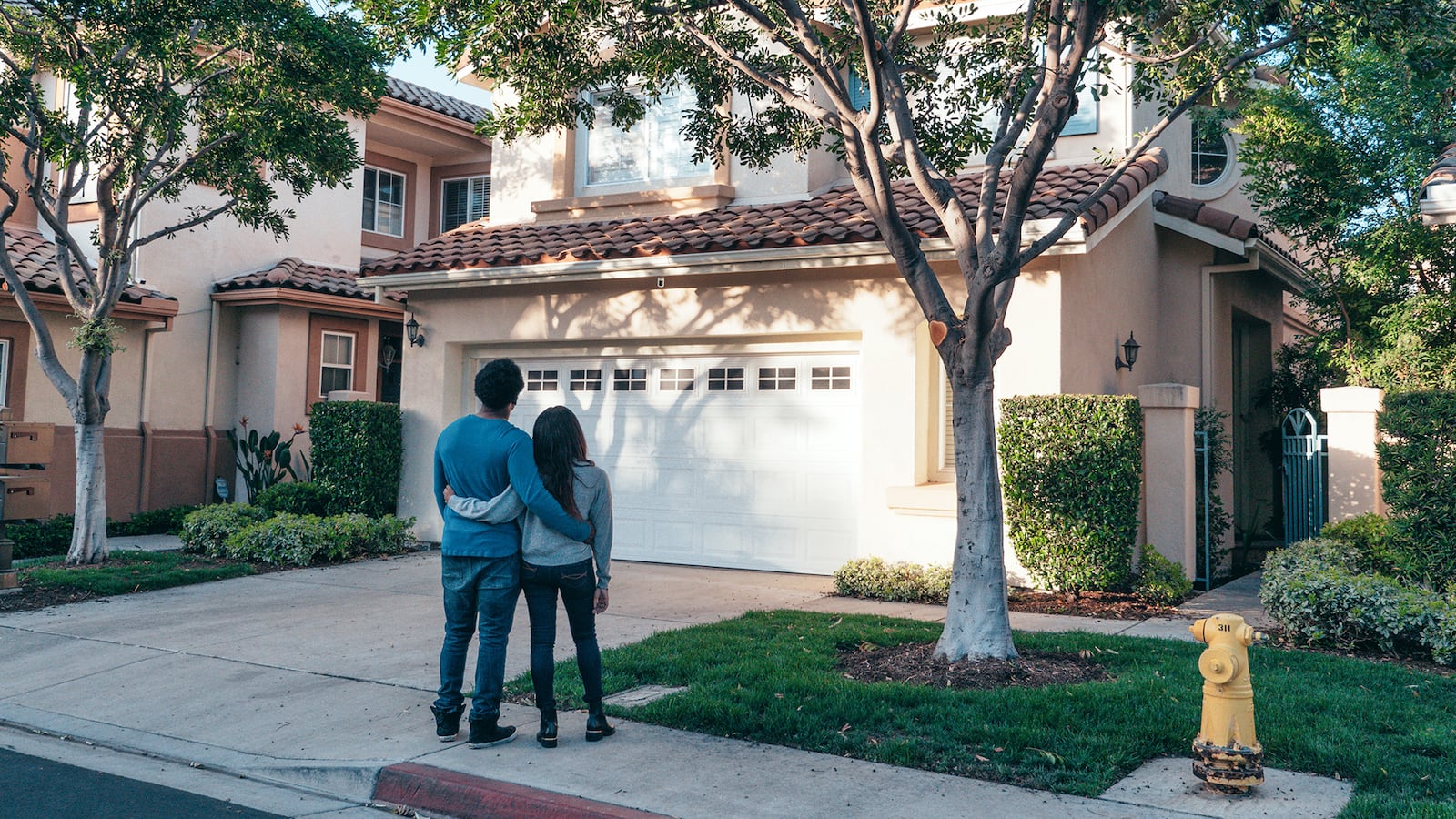by Jules Schulman
After months of uncertainty, the COVID-19 health crisis continues and the long-lasting effects on people’s welfare are unfolding in real time. The pandemic has severely negatively impacted housing opportunities for people of color, who have disproportionately struggled to pay their mortgages during the pandemic — a result of years of systemic discrimination and a related racial wealth gap, among other factors. Actively mitigating this crisis will improve housing equity and accessibility in the long term.
Ensuring the Past Isn’t Prologue
Without intervention, COVID-19’s effect on housing will extend into the next two decades, according to the Urban Institute, expanding an already steep racial homeownership gap. Without changes, the Institute predicts the overall homeownership rate will fall by 2040 – and Black households will be most impacted.
Notably, the errors made by government officials and financial service providers during the 2008 housing crisis led to preventable home loss and foreclosure — which also disproportionately affected people of color — that could have been avoided. It’s imperative to not make the same mistakes, and keep families in their homes whenever possible.
The National Association of REALTORS® is a professional trade organization committed to advancing the right to real property for all – and has made addressing the pandemic-exacerbated racial homeownership gap a top priority in their Federal Advocacy Agenda.
Providing Mortgage Relief
Mortgage forbearance, a process that decreases or delays mortgage payments, has been vital for struggling homeowners during COVID-19. While many have already exited forbearance, individuals with lower credit scores and those living in lower-income neighborhoods are less likely to be able to pay their mortgages.
“The pandemic has definitely affected … minority communit[ies] disproportionately. It’s been hard on my tenants,” Benjamin Ramirez, a housing provider in North Carolina, tells The Daily Beast. “They couldn’t pay me rent, so I couldn’t pay the mortgage. The government wasn’t doing enough.”
The National Association of REALTORS® repeatedly advocated for federal rental assistance and mortgage forbearance protections throughout 2020, and continues to call for extensions of these programs.
While extending forbearance is crucial, it’s also important to create a path toward sustainable homeownership for those in forbearance, which should include mitigating potential foreclosures and enhancing communication between mortgage servicers and borrowers. This was highlighted in a May 2021 National Association of REALTORS®-sponsored report by the National Fair Housing Alliance and National Community Stabilization Trust.
Protecting Credit
People who lose their homes or struggle to make housing payments may face consequences — such as lower credit scores — which makes it harder for them to be homeowners in the future. It’s important to prevent the pandemic from harming consumer credit, which can be significantly impacted by evictions and foreclosures, which inordinately impact people of color.
The National Association of REALTORS® recommends implementing safeguards to help protect people’s credit during and after the pandemic. These include creating protections for borrowers who have received or inquired about forbearance so they can remain creditworthy, eliminating forbearance penalties, and ensuring that individuals can access new mortgages after a forbearance or foreclosure.
Increasing Housing Supply
According to a study by the Rosen Consulting Group for the National Association of REALTORS®, decades of underbuilding have also contributed to a shortage of affordable housing. Over the last 20 years, there has been an underbuilding gap of over 5.5 million housing units in the United States.
To help bolster housing supply, the National Association of REALTORS® encourages tax credits and local government incentives to develop more housing units and the conversion of commercial spaces into multifamily housing.
Enforcing Fair Housing Protections
Discrimination in real estate is often hidden. It must be investigated and remedied to ensure buyers have equal access to loans and to eliminate discriminatory housing practices. The National Association of REALTORS® supports strong enforcement of fair housing laws, including increased funding for fair housing testing, which uncovers discriminatory practices that would otherwise go unaddressed. Moreover, it’s essential to ensure that the nation’s fair housing and consumer protection laws are properly enforced by increasing funding for the federal agencies in charge of oversight.
If we don’t act now, minority communities will continue to disproportionately suffer pandemic-related hardships long after the crisis ends, furthering inequities in housing and widening the racial homeownership and wealth gaps. This is why the advocacy work that National Association of REALTORS® and other organizations are doing is so vital — and will continue until homeownership access is truly equitable.





